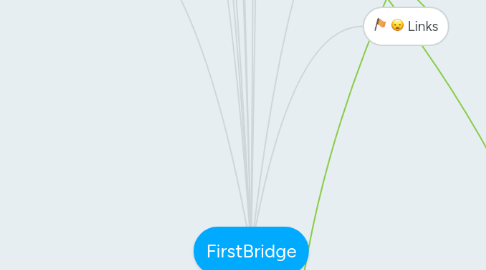
1. problems
1.1. production and consumption of resources
1.2. Everything
2. Methods of Inquiry
2.1. interpretation
2.2. scientific method
2.3. Ideas should resist attack
3. Hypothesis
3.1. Hypothetical Method
3.1.1. Darwin and Theory of Natural Selection
3.1.2. repeated confirmation
3.1.2.1. falsifiable
3.1.2.1.1. Popper
3.1.3. relative truth
4. Skills
4.1. programming
4.2. Thinking deeper
4.3. Analyzing
4.4. Citation
4.5. Logical Reasoning
5. meaning of life
5.1. Subjectivity
5.2. Interpretation
6. Social Sciences
6.1. History
6.2. Economics
6.3. Linguistics
6.4. anthropology
6.5. Political Science
6.5.1. humans and power
6.6. Law
6.7. Psychology
6.8. Sociology
6.9. Georgraphy
6.10. Art
6.10.1. interpretation
6.10.1.1. Subjective
7. Models
8. Philosophy
8.1. Knowledge
8.1.1. Beliefs
8.1.1.1. Facts
8.2. Plato
8.2.1. Metaphysics
8.2.1.1. What is real?
8.2.2. Kant
8.3. Play-Doh's republic
8.3.1. can yall spell
8.4. Problematic!!
8.5. Questions everything
8.5.1. who decides right and wrong
8.6. Religion
8.6.1. Does God exist?
8.7. Aesthetics
8.7.1. What is beautiful?
8.8. Ethics
8.8.1. What is proper?
8.9. Epistemology
8.9.1. What is true?
8.10. Morals
8.10.1. What is right?
9. Chaos!
9.1. Speaking in class
10. Philosophers
10.1. Plato
10.1.1. Allegory of the Cave
10.1.2. The Apology of Socrates
10.2. David Hume
10.2.1. Empirical Skepticism
10.3. Socrates
10.3.1. Founder of philosophy
10.3.2. I know that I know nothing
10.4. Rene Descartes
10.4.1. Doubt
10.4.2. Cogito ergo sum
10.4.3. res cogitans
10.5. Immanuel Kant
10.5.1. Categorical Imperative
10.5.1.1. 3 descriptions
10.5.2. Phenomenal
10.5.2.1. Noumenal
10.5.3. Hypothetical Imperative
10.5.4. Categorical Imperative
10.6. Thomas Hobbes
10.7. Paul Feyerabend
10.7.1. How to defend society against science
10.7.1.1. Science as the new religious dogma
10.7.2. Anything Goes
10.8. Aristotle
10.9. Thomas Kuhn
10.9.1. Normal Science
10.10. John Locke
11. Natural Born Cyborgs
11.1. Society
11.2. Technology
11.3. Enhancing our efficiency
11.4. Brain is extended, outside of the head
11.5. language, numbers - cyborg qualities
12. Religion
12.1. Dogmatic Texts
13. Information and Knowledge
13.1. sources
13.1.1. physical books
13.1.2. internet
13.2. citation
13.2.1. APA citation
13.2.2. MLA citation
13.2.3. Bibliography
13.2.4. Works Cited
13.3. Library tour
14. philosophy and computer science
15. Concepts
15.1. Induction
15.1.1. Galileo Galilei
15.1.2. Natural Sciences
15.1.2.1. observation
15.1.3. Francis Bacon
15.1.4. Mill
15.2. Deduction
15.2.1. Hard Sciences
15.2.1.1. Maths, logics
15.2.1.1.1. demonstration
15.3. behaviorism
15.4. materialism
15.5. artificial intelligence
15.6. Reductionism
15.7. empiricism vs rationalism
15.8. synthetic psychology
15.9. Objectivity and Subjectivity
15.10. If, Then
16. Alice
16.1. Programming
16.1.1. Input and Output
16.2. Videos
16.2.1. Calculator
16.3. Behavior
16.4. Variables
16.5. Functions
16.6. Parameters
16.7. Events
16.8. If, Else
16.9. Bad graphics
17. Links
18. Legos
18.1. Robots
18.1.1. sensors
18.2. Assembling and programming them
18.3. external behavior vs internal structure
19. Machines
19.1. Cyborgs
19.1.1. Human Mind vs Man Made technology
19.1.2. external devices
19.1.3. Andy Clark
19.2. Braitenberg
20. Reflective Seminar
20.1. Citations
20.2. Plagiarism
20.3. Different Sources
20.3.1. Reliable and non-reliable sources
